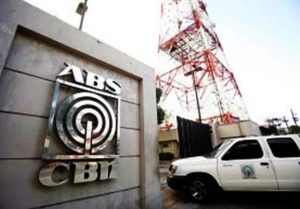MANILA, Philippines—An infrastructure-oriented think tank urged Manila Electric Co. (Meralco) and other distribution utilities in the Philippines to issue new electric bills based on the recent directive of the Energy Regulation Commission.
In a statement released Saturday, Infrawatch PH conveyor Atty. Terry Ridon said that ERC’s advisory would benefit both distribution utilities like Meralco and the customers who were surprised over their increased electric bills.
“The ERC advisory should put to rest all concerns on bill shock and overcharging, as this affords consumers an adequate period of time to settle electricity actually consumed by households during the quarantine,” said Ridon.
“This should also allow distribution utilities sufficient time to confirm actual usage against estimates of power consumption.”
The ERC ordered a six-month staggered payment for households with monthly consumption of 200 kilowatt-hours (kwh) or less while households that consumed above 200 kwh will be given four months to pay.
Ridon, a former member of the House Energy Committee, said that the new billing would now reflect the most recent transaction status between the utilities and the customer, thus scrapping previous billing statements.
“Without a new billing based on the staggered scheme, households will still have to guess at what exact amount should be paid at the due date,” said Ridon. “A newly issued billing statement resolves this with finality.”
In a hearing of the Joint Congressional Energy Commission, Meralco admitted that it only covered one percent of its customers during the month of April while the enhanced community quarantine was implemented in Metro Manila.
Meralco thus based its bill statements on “estimated consumption” and current meter reading thus contributing to the sudden rise in electric bill charges.
Ridon also welcomed Meralco’s suggestion of installing smart meters to avoid bill shocks in the future.
He, however, proposed that the new measure be studied further to determine how the new meter readers will be paid for and the potential job loss for personnel who go house-to-house reading electric meters.
“The reality of installing smart meters will inevitably result in job redundancies in power companies. Is real-time meter reading more important than saving jobs? This is one of the questions that all stakeholders need to answer.”


